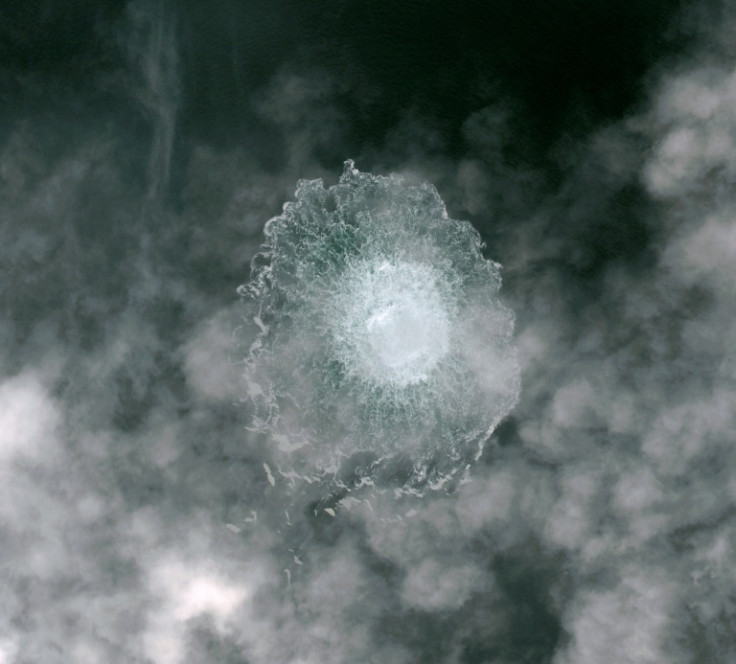UN Security Council Rejects Russian Demand For Nord Stream Probe

The UN Security Council on Monday rejected a Moscow-drafted resolution calling for an independent inquiry into the sabotage last year of the Nord Stream gas pipelines from Russia to Germany.
Western countries have blamed the explosions under the Baltic Sea last September on Russia, but the Kremlin has accused the West of sabotage.
The resolution got three votes, with China and Brazil backing Russia and the other 12 members abstaining.
The resolution called for the creation of a commission to "conduct comprehensive, transparent and impartial international investigation of all aspects of the act of sabotage on the Nord Stream 1 and 2 gas pipelines, including identification of its perpetrators, sponsors, organizers and accomplices."
Russia said it had been left out of investigations launched by Sweden, Germany and Denmark, all of which have rejected the accusation.
"We have serious and very well-founded doubt as to the objectiveness and transparency of national investigations conducted by some European states," said Russian envoy Vassily Nebenzia.
He pointed to "increasing suspicions" that the three probes aimed "not to shed light on what happened with the acts of sabotage, but rather to hide evidence and to clean up the crime scene."
"I think that after today's vote, suspicion as to who is behind the act of sabotage on the Nord Stream is just obvious," he added.
Several members assured the three countries conducting the investigations of their confidence, and denounced what they dismissed as an attempt by Russia to divert attention from its invasion of Ukraine.
"It was an attempt to discredit the work of ongoing national investigations and prejudice any conclusions they reached that do not comport to Russia's predetermined and political narrative," said Deputy US ambassador Robert Wood.
A previous version of the resolution seen by AFP stressed that the sabotage had taken place after "repeated threats to the Nord Stream by the leadership of the United States" but the line was subsequently omitted.
Nearly six months after the explosions that hit the Nord Stream 1 and 2 gas pipelines, the responsibility for the attack remains a mystery.
The White House has flatly rejected a self-published report by veteran investigative journalist Seymour Hersh that US Navy divers helped by Norway planted explosives on the pipelines last June and detonated them three months later.
The New York Times pointed to a "pro-Ukrainian group" opposed to Russian President Vladimir Putin, citing US intelligence sources.
© Copyright AFP 2024. All rights reserved.





















